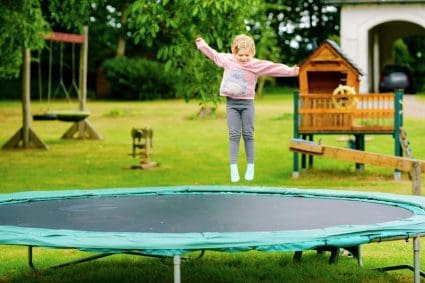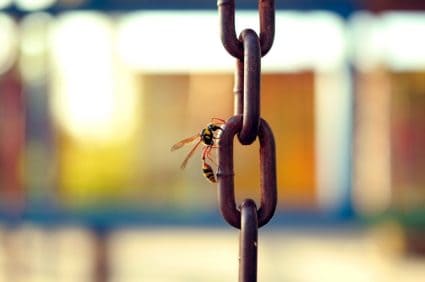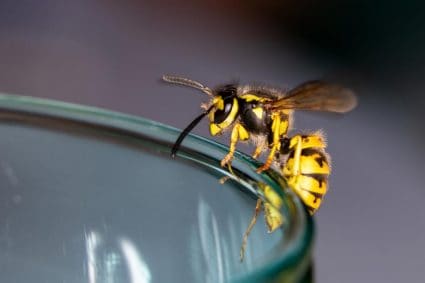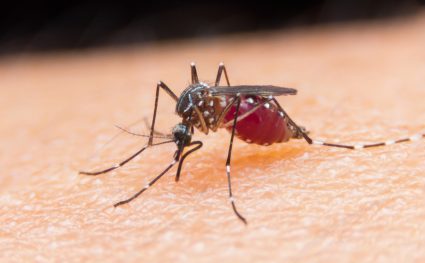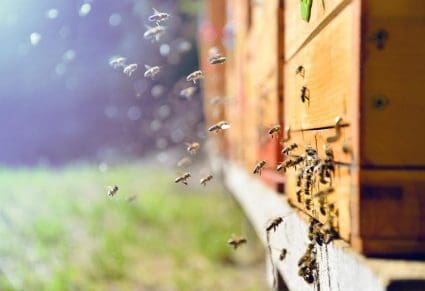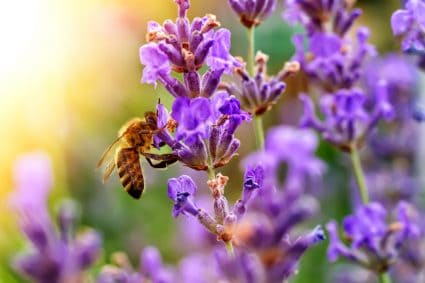
Raccoons are known for their distinct and varied vocalizations, particularly during the mating season. But what exactly do these sounds signify, and how can you differentiate them from other wildlife noises? In this comprehensive guide, we delve into the fascinating world of raccoon communication, focusing on the noises they make during mating.
Raccoons produce a range of sounds during mating season including screaming, shrieking, chittering, whistling, screeching, growling, and hissing. These sounds are a form of communication used to attract mates and express excitement or defend territory. The timing and context of these sounds, typically heard between January and June, can help identify them as mating calls.
Understanding Raccoon Vocalizations
Raccoons are capable of producing over 200 different sounds, which can be broadly categorized into either aggressive or non-aggressive noises. These vocalizations range from purring, chittering, growling, snarling, hissing, whimpering, to screeching like owls. During mating season, raccoons exhibit a unique set of sounds, primarily falling under the aggressive category.
Common Sounds During Mating Season
During the mating season, which typically occurs between January and June, raccoons produce a distinct set of noises.
- Screaming and shrieking: These loud noises are common when raccoons are mating. It can sometimes be mistaken for fighting as it’s a way for females to attract males and for males to fight over territory or food.
- Chittering: Female raccoons make these sounds to signal to males that they are ready to breed.
- Whistling and screeching: Both males and females use these high-pitched noises as mating calls to attract each other.
- Growling and hissing: These sounds can be heard during the mating season when raccoons express excitement or defend their territory.
Identifying Mating Sounds
Identifying raccoon mating sounds can be difficult due to their wide range of vocalizations. However, the timing and context of these sounds can provide valuable clues. If you hear raccoon screams between January and May, it’s likely related to mating.
Differentiating Between Species
Raccoons aren’t the only nocturnal creatures that produce such sounds. Opossums and screech owls, for instance, produce noises that can be mistaken for raccoon mating calls. To differentiate between these species, pay attention to the variety of sounds and their context. Raccoons are more vocal and have a broader range of sounds compared to opossums and screech owls. Additionally, consider the time of day and the location of the sounds.
The Significance of Mating Sounds
The various sounds made by raccoons during mating season play a crucial role in communication and attracting mates. Female raccoons use chittering sounds to signal readiness to breed, and males respond with a mating call that resembles an owl’s screeching. These vocalizations ensure the continuation of the raccoon species.
In conclusion, understanding raccoon sounds during mating season can provide valuable insights into their behavior and communication methods. It’s a fascinating aspect of these creatures that often goes unnoticed but is integral to their survival and propagation.
Frequently Asked Questions
What other sounds do raccoons make outside of mating season?
Raccoons produce various sounds throughout the year, not just during mating season. These include purring like a cat when content, growling and hissing when threatened, and high-pitched cries when in distress.
How can I deter raccoons from my property?
There are several ways to deter raccoons from your property. These include securing your garbage cans, removing potential food sources, installing motion-activated lights, and using natural deterrents like cayenne pepper or ammonia.
Are raccoons dangerous to humans or pets?
While raccoons are generally not aggressive, they can become dangerous if they feel threatened or cornered. They are capable of inflicting serious injuries with their sharp claws and teeth. Additionally, raccoons are known carriers of diseases like rabies, which can be transmitted to humans or pets through bites.
What time of day are raccoons most active?
Raccoons are nocturnal creatures, which means they are most active during the night. However, it’s not uncommon to see them during the day, especially in urban areas where food sources are readily available.
How long is the raccoon mating season?
The raccoon mating season typically occurs between January and June. However, the exact timing can vary based on geographical location and weather conditions.

